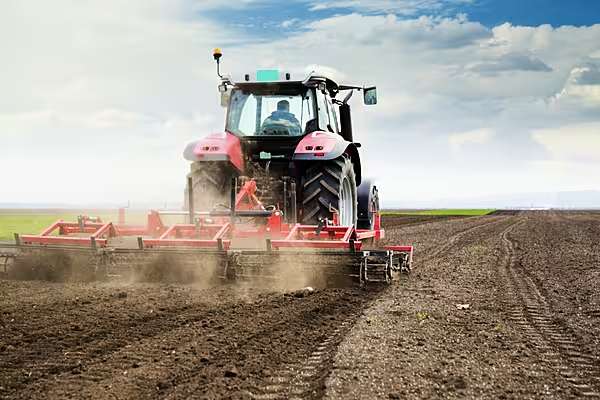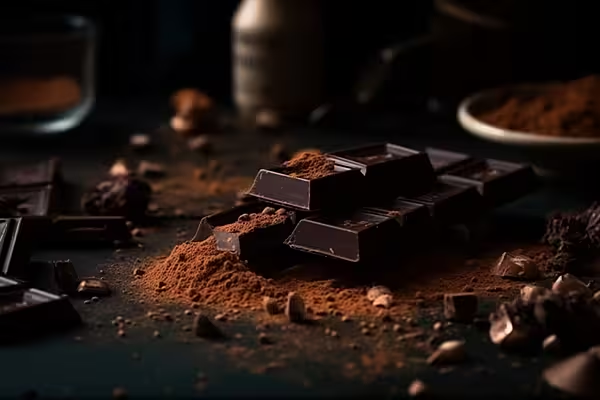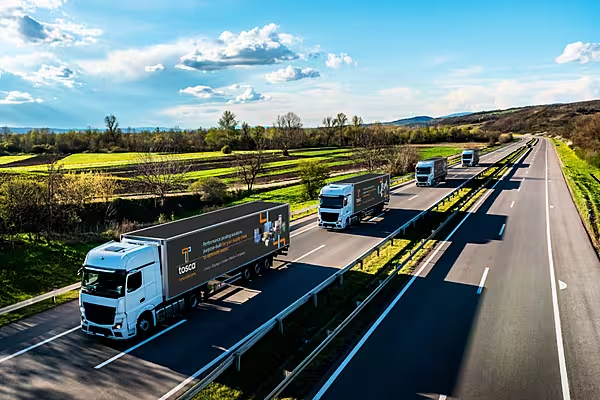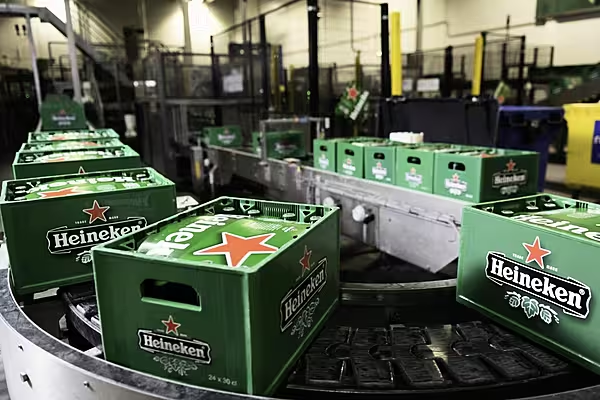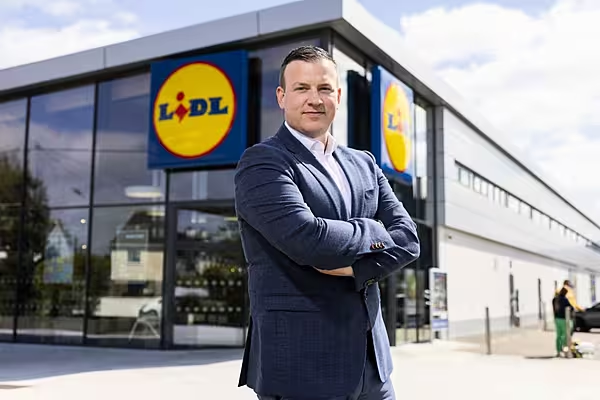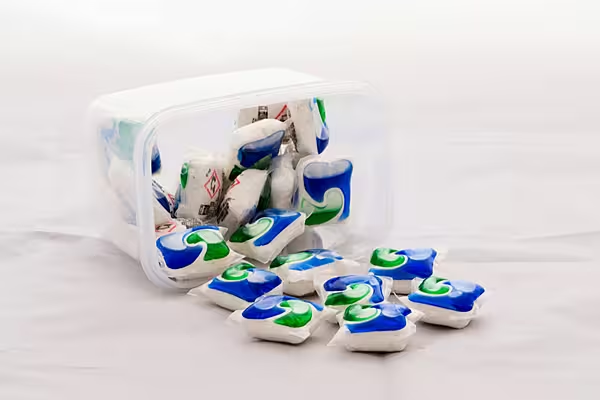Germany's farmers are ordering less fertiliser, put off by soaring costs after major suppliers of synthetic plant nutrients have curtailed production, the country's statistics office said on Monday.
Imports of fertiliser into Germany are also on the decline, the office said, indicating that farmers and fertiliser traders have not found cheaper outlets abroad.
Domestic And Foreign Sources
Across domestic and foreign sources, German farmers and traders purchased 238,000 tonnes of nitrogen fertiliser during the April-to-June quarter, down 18.5% from a year earlier and down 25% from the first quarter.
Nitrogen fertiliser is the most commonly used chemical plant nutrient by volume, and it requires natural gas for production.
BASF, Yara and unlisted SKW Piesteritz, which run Germany's largest ammonia and urea plants, the raw materials for nitrogen fertiliser, have cut or stopped production due to surging gas prices after Russia curtailed gas deliveries to Germany.
"Behind the decline in sales is the highly energy-intensive nature of the production of most fertilisers," the statistics office said. "The high gas prices and the associated decline in fertiliser production and sales have been increasingly reflected in fertiliser prices since this spring," it added.
Prices
Prices charged for fertilisers in Germany more than doubled from July to August, the office said.
In the seven months from January to July 2022, fertiliser imports declined 11% to 2.1 million tonnes from the year-earlier period.
The main fertiliser-supplying nations to Germany this year have been the Netherlands, Belgium and Poland, accounting for 21%, 15% and 14% of German imports, respectively, the statistics office said. This includes potash and phosphate plant nutrients.
Ukrainian President Volodymyr Zelenskiy said this month that he would back the idea of reopening Russian ammonia exports through Ukraine, but only if Moscow released prisoners of war, an idea the Kremlin rejected.
News by Reuters, edited by Donna Ahern, Checkout. For more supply chain stories, click here. Click subscribe to sign up for the Checkout print edition.
